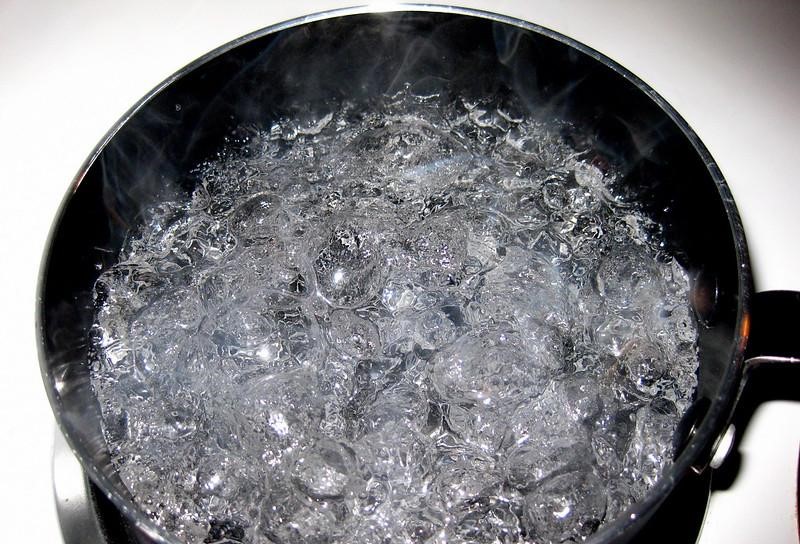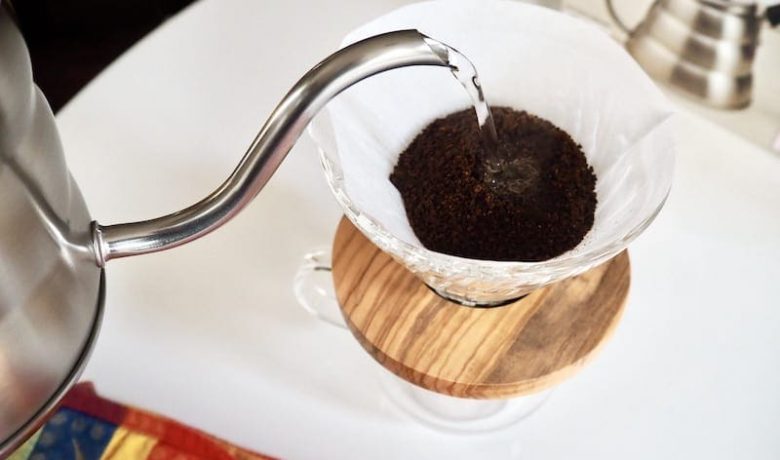Coffee vs. distilled water: What you need to know
You might assume that using the purest water will result in the best coffee, as it would seem logical that all those delightful bean flavors would shine without any interference from tap water minerals. But don’t rush to conclusions! Before making the switch to distilled water, there are three key aspects to consider: taste, health, and coffee machine maintenance.
Today, we’ll delve into the advantages and disadvantages of using pure water. What exactly does it entail? Should you be brewing your coffee with distilled water? Read on to find out everything you need to know!
In short
Avoid using distilled water for brewing coffee because it doesn’t taste great! Opt for filtered water instead.
What is Distilled Water?
Distilled water is purified and completely devoid of minerals. Regular tap water, on the other hand, contains minerals like calcium and magnesium. These minerals need to be removed from the coffee machine during the descaling process.

If you’ve ever visited a whiskey distillery, you’re likely familiar with the fundamental process. Water is heated until it becomes steam, which is then collected and condensed back into liquid form, producing mineral-free water.
How does distilled water influence the taste of coffee?
When it comes to brewing coffee, pure water doesn’t necessarily equate to better taste. Using distilled water for your coffee can result in a less flavorful brew compared to using regular tap water. This is because the minerals found in tap water play a crucial role in enhancing coffee’s flavor profile! According to the Specialty Coffee Association of America (SCAA), the optimal mineral content for coffee water is around 150 parts per million (ppm). For comparison, water with a mineral content exceeding 200 ppm is classified as hard water.
Is distilled water good for your health?
Hard water might not seem special, but it offers potential health benefits due to its calcium and magnesium content. Numerous studies indicate that these minerals can be advantageous for your health, even providing protection against certain cancers and other diseases!
Is distilled water better for your coffee machine?
Surprisingly, no! While distilled water might save you from having to descale your machine frequently, it’s actually harmful to the internal components. To understand why, let’s take a quick trip back to chemistry class.
Distilled water lacks any minerals and thus has no ions. However, the metal parts of a coffee maker—such as copper, steel, and brass—do contain minerals. When you use distilled water, it leaches ions from these metals. Over time, this process can gradually damage your coffee maker, necessitating repairs or replacements sooner than you’d like.
What type of water should you use for making coffee?
Filtered water is the best choice for brewing coffee. As its name suggests, this is the water that has passed through a filter. Filters made from charcoal or other materials can reduce the mineral content in the water without eliminating it entirely. This is particularly useful if you’re dealing with hard water since hard water tends to leave mineral deposits in your coffee maker. By using filtered water, you’ll still get enough minerals to enhance both the flavor and health benefits of your coffee without needing to descale your machine constantly.
Conclusion
Using distilled water can negatively affect both the taste of your coffee and the performance of your coffee machine. It might even be less healthy for you! Therefore, we recommend using filtered water when making your morning coffee. Your taste buds and coffee machine will appreciate it.
